Fuel scarcity has hit several states across Nigeria, including Lagos, Ogun, Abuja, Niger, and others, leading to long queues at fuel stations and a hike in prices.
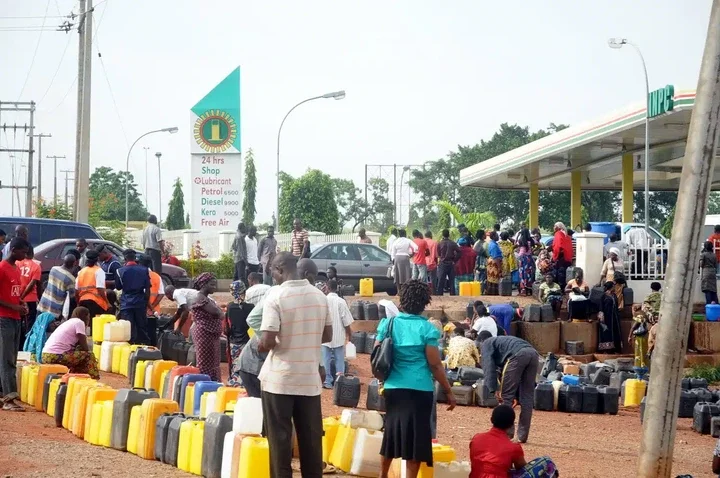
Torizone understands that the situation has been exacerbated by the dryness of many depots, with black marketers taking advantage of the scarcity to sell fuel at exorbitant prices.
According to reports, the Nigerian National Petroleum Company Limited (NNPC) attributed the tightness in fuel supply and distribution to a hitch in the discharge operations of a couple of vessels.
"The NNPC Ltd wishes to state that the tightness in fuel supply and distribution witnessed in some parts of Lagos and the FCT is as a result of a hitch in the discharge operations of a couple of vessels," the NNPC Chief Corporate Communications Officer, Olufemi Soneye, said.
The company added that it was "working round the clock with all stakeholders to resolve the situation and restore normalcy in the operations."
However, despite the assurance by the NNPC that the situation would be resolved, the scarcity has worsened, with many fuel stations running dry.
According to report, there was no loading of trucks in the Apapa depots as of Sunday.
A depot operator, who did not want his name in print, stated that there was no fuel in almost all the depots on Sunday after the little available was supplied on Saturday.
The source confirmed that the depots are dry, saying "supply gets late thereby affecting product load out."
In Lagos, black marketers were selling fuel for as high as N1,300 per liter and N1,500 per liter in some areas. The situation was similar in Ogun State, where fuel was sold for N1,200 per liter. In Abuja, the capital city, fuel was sold for between N660 per liter and N800 per liter, while black marketers sold for N1,200 per liter.
Oil marketers revealed that they were also queuing up to load petrol, adding that most depots lacked stock to sell.
The National Vice President of the Independent Petroleum Marketers Association of Nigeria, Hammed Fashola, stated that marketers were buying PMS at a price above N700 per liter from private depots.
"We, marketers, too are surprised that we couldn't get fuel as we used to get at depots. We were worried too; we didn't know the cause until the NNPC came out with a release on Saturday. Let's just believe what the NNPC said, that they would arrest the situation," Fashola told Newsmen.
"I believe that within this week, everything will be normalised by the time they push products to the depots for marketers to pick from. Ours is to pick from the depots, take it into our stations, and dispense to the public. But for now, most of the depots are dry. The implication of that is that the stations will be dry too. Most of our members have run out of stock. That is the cause of the queues we are experiencing now," he added.
He noted that marketers were still buying PMS "at a price that is above N700/litre from the private depots.
"We are not yet getting direct supply from the NNPC as we are supposed to. What we are getting is so small compared to our population. That is why we are forced to go to the third parties, the private depot owners, and they are not helping matters with the kind of price they are putting out there.
"That is why independent marketers sell around N800 or so. Until we address this issue of direct supply, there will be issues. We keep shouting to the NNPC to look at that area properly because something is fundamentally wrong with our distribution channel and until they correct that, we will continue to have this issue of fuel scarcity."
The Executive Secretary of the Major Energies Marketers Association of Nigeria, Clement Isong, confirmed that there had been low stock but could not tell when the situation would improve.
He noted that the problem was that the stock was low because there had been some challenges in bringing the product into the country from the vessels.
"The problem is that the stock is low because there have been some challenges in bringing the product into the country from the vessels. We are all queuing up for products, everybody is looking for the product from the NNPC. Only the NNPC knows when normalcy will be restored. It is the sole supplier," Isong stated
The situation has led to an increase in transportation fares, with commuters lamenting the hike in prices.
In some areas, black marketers were selling fuel for as high as N1,500 per liter, while fuel stations sold for between N750 and N800 per liter.
The fuel scarcity has also affected economic activities, with many businesses struggling to operate due to the high cost of fuel. The situation has further increased the cost of living in many states, with residents lamenting the hardship.
The NNPC has been urged to address the issue of direct supply, as marketers are forced to buy from private depots at high prices. The situation has led to a call for the government to intervene and resolve the fuel scarcity.

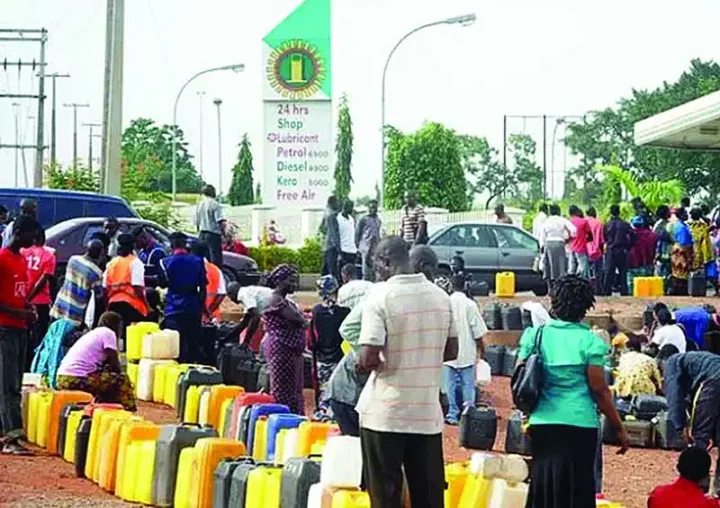
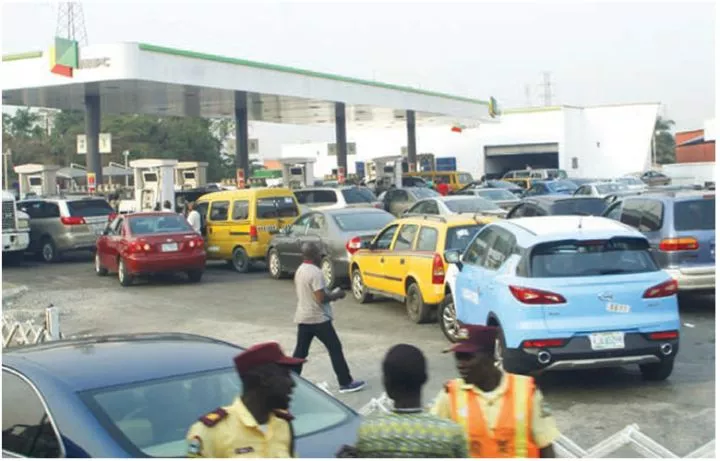
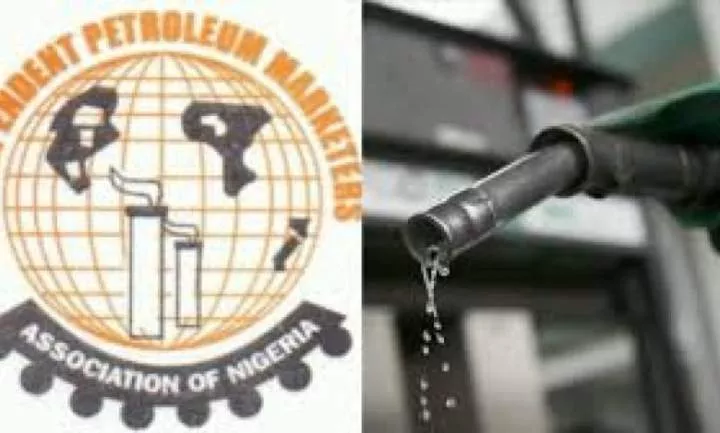
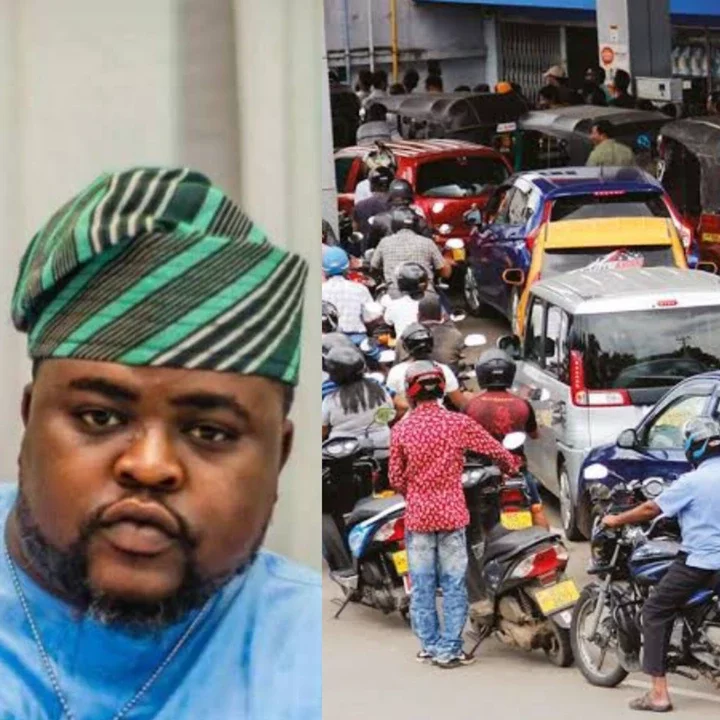
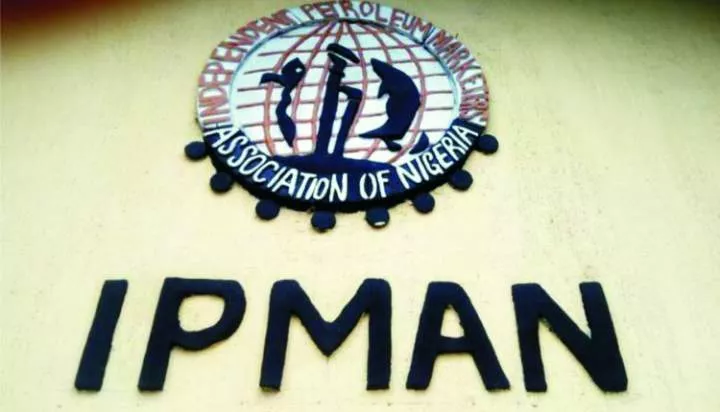
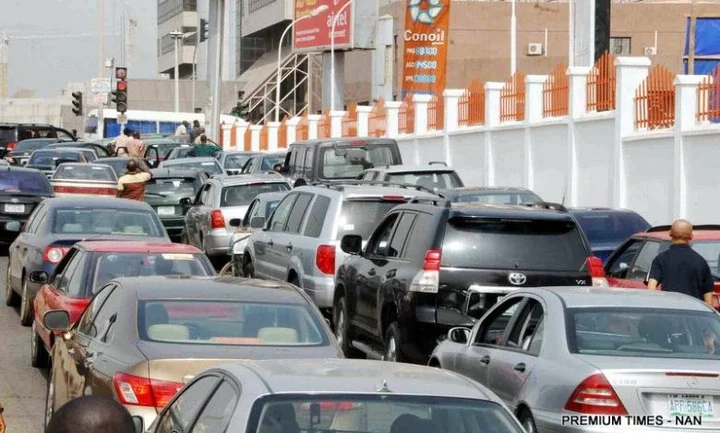

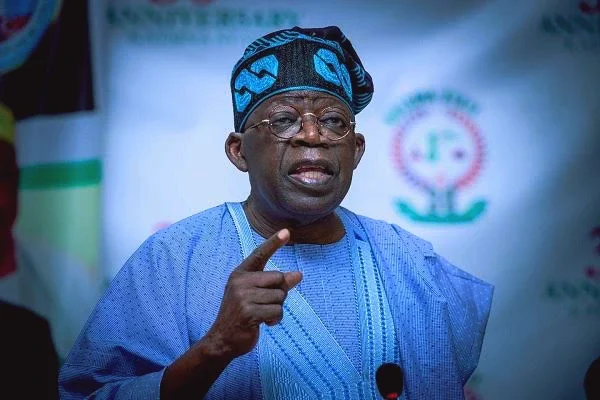


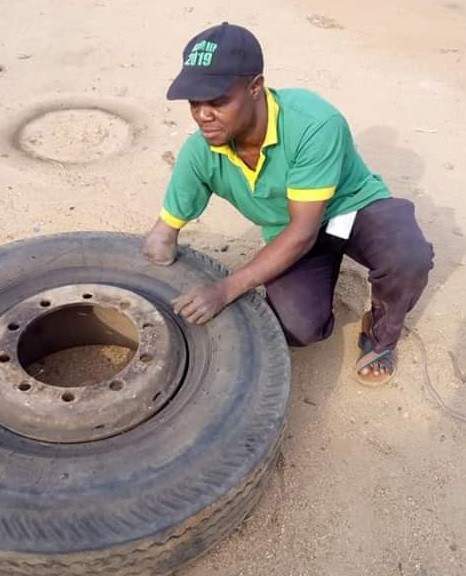
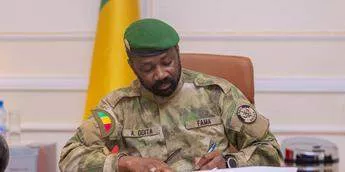



Comments